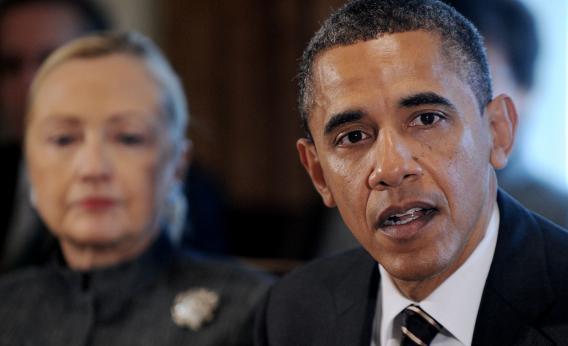Those who accurately predicted last night’s Oscar winners likely demonstrated trust in their feelings and a certain amount of film expertise.
IO9 reports on work by researchers at Columbia and the University of Pittsburgh to prove their hypothesis on the psychology of hypotheses. Eight studies on the psychology behind predictions show that trusting your feelings (and having background knowledge on the matter) leads to better forecasting. The report will be published in October in the Journal of Consumer Research.
The “emotional oracle effect” may sound a little fake, but it’s supported by some legitimate evidence. The subjects of the eight studies were asked to predict on a variety of topics: the 2008 Democratic primary, the Down Jones index, the weather, box office hits, and college football championships.
In one case, people were asked to predict the outcome of the 2008 primary. At the time, Obama and Clinton were very close in the polls. Seventy-two percent of those who reported that they trusted their feelings went with Obama. In contrast, only 64 percent who did not have that trust predicted Obama’s win.
The researchers call this the “privileged window” hypothesis, according to Science Daily. When we trust our gut feelings, we draw on all the knowledge we have gained on the matter, consciously and unconsciously, to better predict the outcome.
However, this emotional oracle effect only had an impact if the person was already familiar with the topic, a phenomenon that played out most clearly in weather forecasting. People were best able to predict the weather for the area in which they live.
